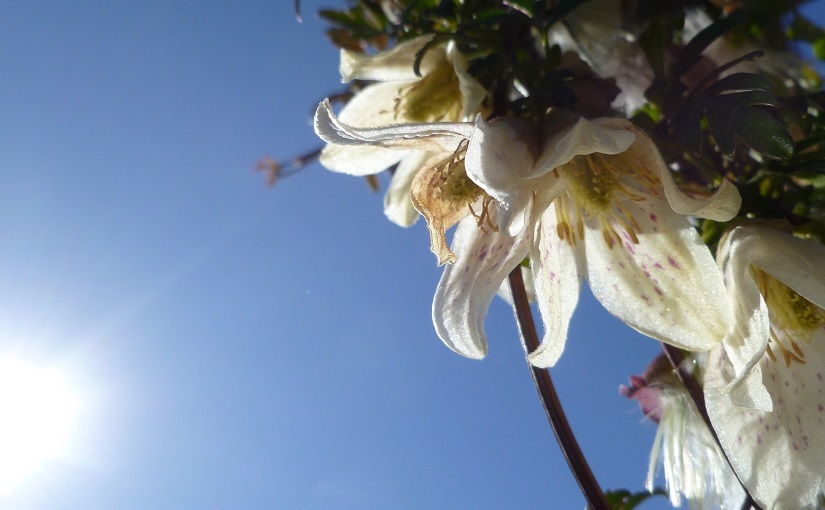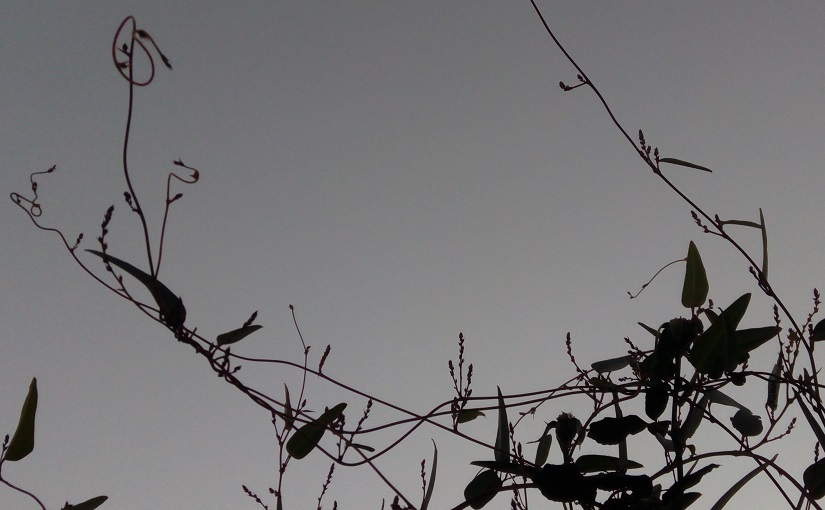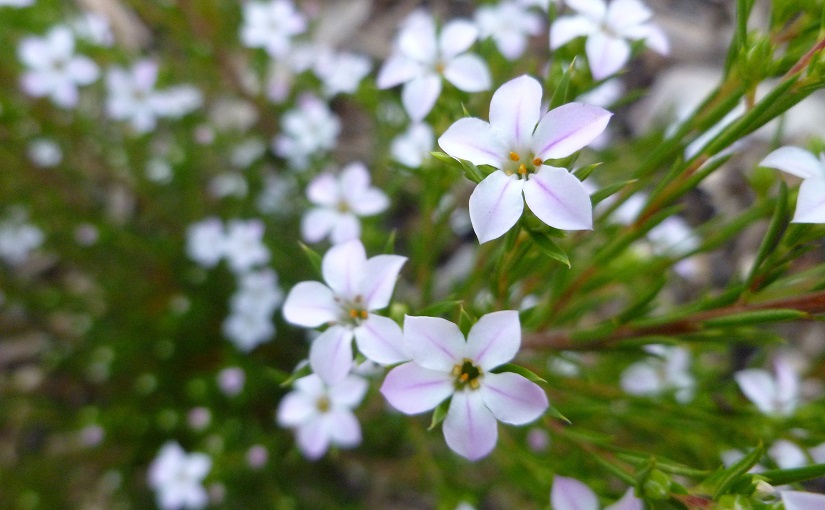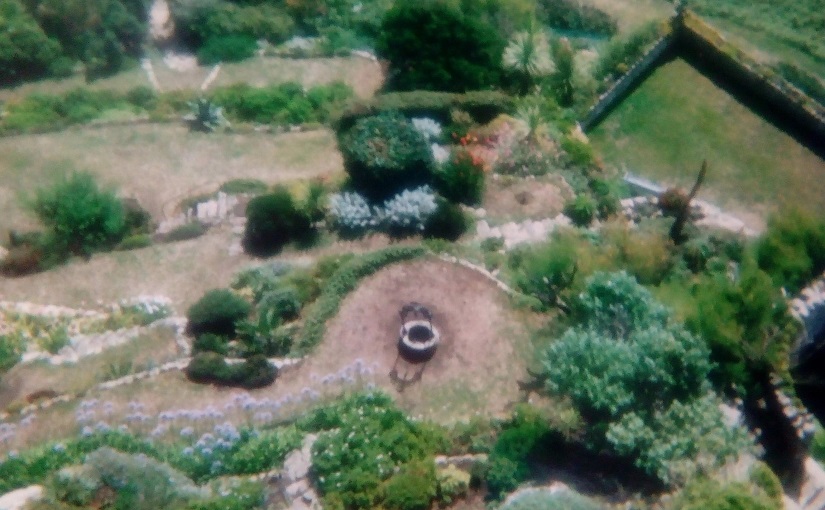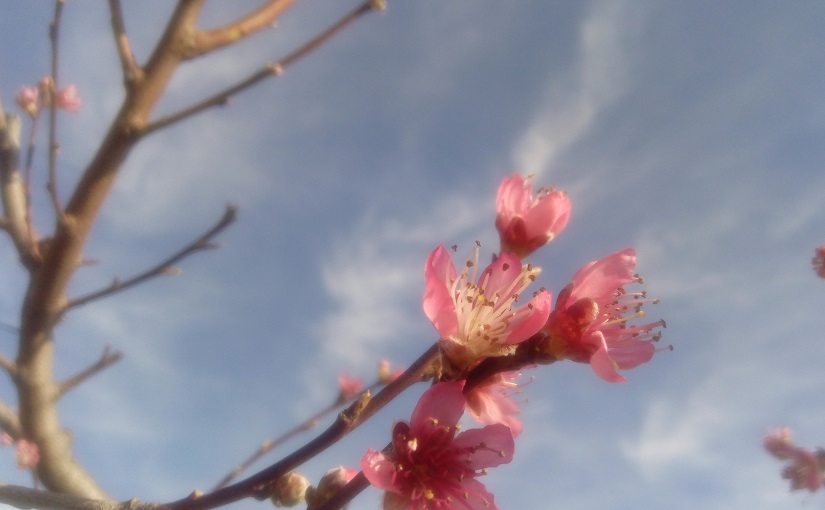How much do we truly, deeply understand the way things work? The way they fit together and the kind of thinking and action needed to ensure everything runs smoothly, safely and harmoniously for us all. Life can sometimes seem like a complicated mass of never-ending rules, opinions and expectations; separating the essential from the non-essential can seem an almost impossible task.
It’d be interesting to see all society’s guidelines pulled together into one document – all the formal and informal, timeless or ephemeral things we’re supposed to know about. Maybe, in part, that’s the internet? Every body placing therein their views, injunctions and advice for how to go about living. Arguably, everything’s there; but finding what’s valuable within it’s becoming increasingly difficult.
Everyone clearly has their view on life: the lessons they took firmly to heart in youth and structured their lives by; the insights gathered in the course of living that they now know to be incredibly important; the voices of others they believe and closely adhere to. We all have our ideas of what life’s about – a worldview we feel comprehensive enough to be trustworthy (Notes One).
Within all that, there’s presumably a little book called “common sense”. And it’s funny, because it sounds so simple and we might throw the term around as if it’s an easy thing to come by – as if we’re practically born with it – but is that actually true?
It’s not uncommon to hear muttered in conclusion, “Well, that’s just common sense”. As if some things aren’t really worth considering; we can just cast them onto the “dealt with” pile as no one would be foolish enough not to grasp the basics. It comes across as quite a dismissive attitude, to my ears – this sense that any form of logic, reason or understanding can be so casually discounted as beneath us.
I understand, of course, that it’s just language. It’s probably a term that arose to encompass all those things that fall beneath formal, disciplined learning – the bedrock of having a basic grasp of life, society, people, relationships, and how these interact. This fundamental awareness we all need of how things fit together, our agency within them, and ways we might impact others for better or worse.
Isn’t it the essential foundation for society? If we’re to live alongside one another, having a “sense” for how to share all we have in common – systems, resources, space – must be something society truly needs of us (Notes Two). If we lack that, acting purely out of self-interest without a thought of “what if everyone did this?”, communal life will presumably be sorely tested.
Which is probably my point: common sense might seem easy in our eyes, but isn’t it too important to disregard as being too obvious to discuss respectfully? Assuming people know and appreciate the value of “the basics” seems, perhaps, a recipe for disaster. Failing to reinforce or underline the importance of any kind of thinking surely risks it falling out of common usage.
Notes and References:
Note 1: The sense of having a worldview
Note 1: Knowledge, capacity & understanding
Note 1: All we want to do passes through community
Note 1: Which voice can we trust?
Note 2: Contracts, social or commercial
Note 2: Any escape from cause & consequence?
Note 2: Society as an imposition?


